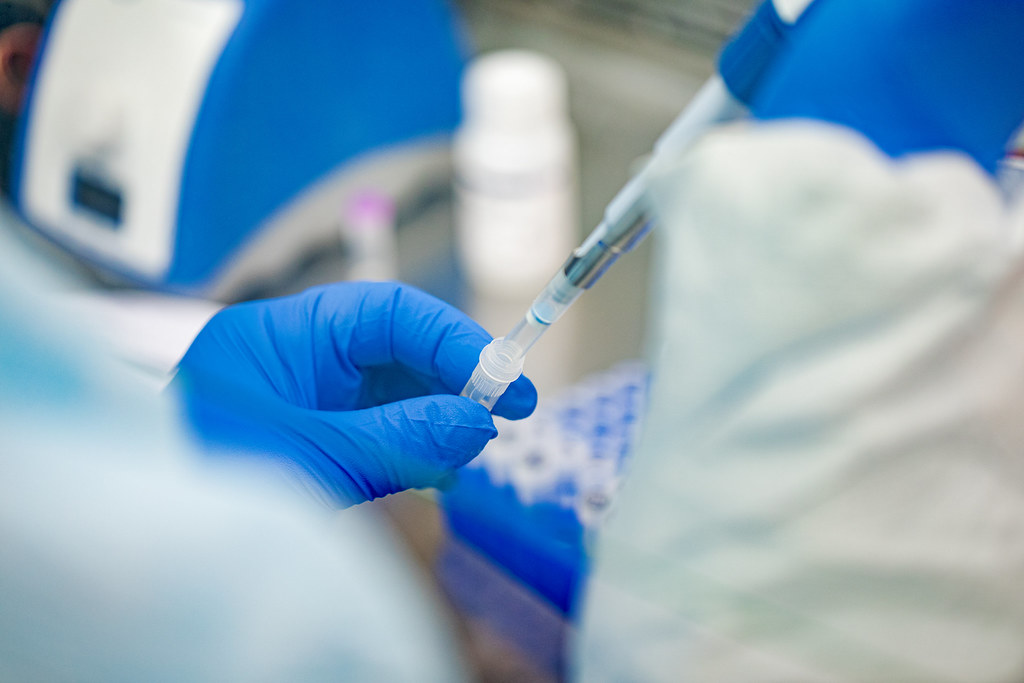As we stand in the aftermath of the COVID-19 pandemic, a shadow looms over the landscape of public health: the erosion of trust in science and, by extension, in science-based interventions such as vaccines. Recent data paints a disheartening picture, revealing a decline in confidence that extends beyond the pandemic, encompassing various aspects of scientific discourse.
The Pew Research Centre’s recent survey, conducted from Sept 25 to Oct 1, 2023, indicates a notable decline in public trust in science and scientists. The study, involving 8,842 U.S adults, unveiled a disheartening reality: the perception of science’s impact on society has dwindled. While 57% still believe in the mostly positive effect of science, the figure has fallen by 16 points since before the pandemic.
Even more alarming is the drop in trust in scientists themselves. The percentage of those expressing a great deal of confidence in scientists has plummeted from 39% in 2020 to a mere 23% today. Conversely, distrust has risen, with 27% stating they have not too much or no confidence in scientists, a notable uptick from 12% in April 2020.
The survey further exposes the polarisation in trust, especially in the realm of political affiliations. While trust in science has seen a minor decline among Democrats, Republicans exhibit a staggering drop in confidence. The decline in trust aligns with the narrative surrounding vaccine hesitancy, hinting at a correlation between political orientation and belief in science.
Educational attainment plays a significant role, with those with higher education levels expressing more trust in science. However, the study reveals that even among the highly educated, there’s a notable decline in trust.
Racial disparities in trust present another layer of complexity. Given the historical context of medical abuses and systemic disparities, it’s unsurprising that scepticism exists within minority communities.
The decline in trust has tangible consequences, notably reflected in vaccination rates. The CDC’s data highlights that vaccination rates among U.S kindergarteners for routine childhood shots have yet to return to pre-pandemic levels. While a 2% decrease might seem modest, the relative increase in the number of unvaccinated children is substantial, emphasising the importance of maintaining high vaccination coverage. Exemptions to vaccines required for school have surged, reaching 3% during the 2022-2023 school year, the highest ever reported in the U.S.
Navigating the information landscape during the pandemic has proven challenging. An ‘infodemic’ of conflicting information and opinions about COVID-19 has contributed to widespread confusion. The rise of intentional and malicious disinformation campaigns has attacked scientific voices, further sowing mistrust.
Experts argue that the decline in trust is not solely the fault of scientists and public health institutions but is a multifaceted issue. The deliberate efforts to discredit science from certain political factions have played a crucial role in the growing divide.
Recognising the gravity of the situation, there’s a call for a nuanced approach to rebuilding trust. Science communication needs to evolve, allowing for engagement with the public and addressing concerns with transparency.
As we grapple with the fallout of declining trust in science, it’s evident that rebuilding confidence is a complex and prolonged endeavour. The intersectionality of factors contributing to distrust requires tailored strategies. The consequences of this erosion extends beyond the realm of pandemic, affecting routine vaccinations and the broader scientific discourse. The journey towards rebuilding confidence demands collaboration, communication, and an unwavering commitment with the foundational principles of scientific inquiry.
“State Public Health Laboratory in Exton Tests for COVID-19” by governortomwolf is licensed under CC BY 2.0.

